King Oliver and Louis Armstrong – Two of the Most Influential Jazz Musicians in History
by Jay Sandwich
The music we hear at any given moment is far more than the sound coming through the speakers. We can measure music against everything that has come before it, by the sounds that are familiar and the sounds that are new.
Before Louis Armstrong established himself as one of the most influential musicians in history, there was Joseph Nathan Oliver. He was known by his contemporaries-jazz pioneers all-as King Oliver. The cornet-wielding king emerged from the cradle of jazz music: the Louisiana port city, New Orleans.
Contents
Summary
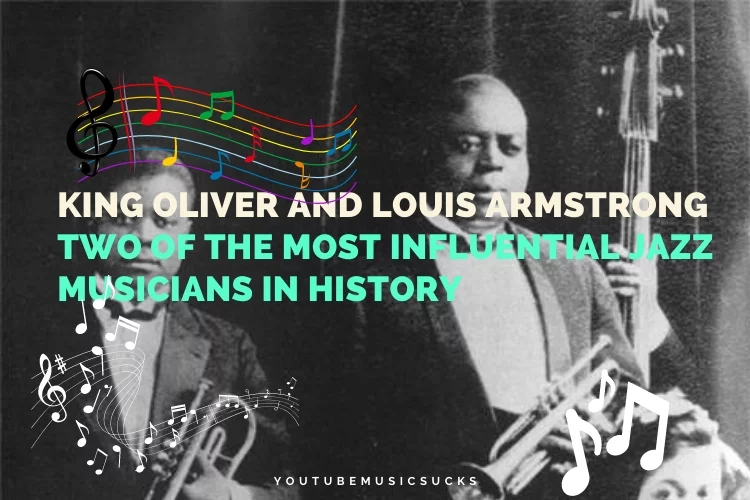
- King Oliver was the first jazz musician to record and release music commercially. He is also credited with mentoring Louis Armstrong, who would go on to become one of the most famous jazz musicians in history.
- While King Oliver is often overshadowed by his more famous student, his influence on early jazz cannot be denied. His recordings helped shape the sound of early New Orleans jazz and paved the way for future generations of jazz musicians.
- Despite his importance to the development of jazz, King Oliver remains a relatively unknown figure outside of hardcore music circles. This may change in time as scholars and historians continue to uncover new information about this seminal figure in American music history. Call to action for the end of the conclusion paragraph: If you're interested in
King Oliver & The Origins Of Jazz
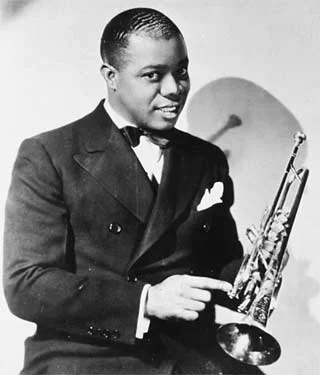
Oliver was born in late December, in the year 1881. Ragtime, as a means of perspective, was born around the same time, and lived nearly its entire lifespan in American popular music before Oliver moved to Chicago in 1918. In the time between his birth and his migration north, Oliver established himself as a reputable band leader and composer.
Louis Armstrong credits much of the origin of jazz music to King Oliver, and that is no small tribute. Armstrong is remembered as one of the most influential musicians of all time, as a founding father of jazz music, and as a pioneer of jazz in not one, but several emergent eras of jazz music. Oliver survives as little more than a footnote on Armstrong's storied career, but the footnote reads universally: mentor and teacher of Louis Armstrong.
It is nearly impossible to picture Armstrong in anyone's shadow, and yet such was the case for Armstrong during the many years that he played under the King Oliver troupe. Still more astounding is the fall from fame that left King Oliver as a dying, penniless janitor. The interplay between the lives of these two musical pioneers are a symbol of the history of jazz itself: a constant rising and falling of the old and the new.
Fighting for the Throne
It stands to reason that the better musician wins the fame, but measuring the standards of musicianship is difficult when the music itself is in the process of being established. Perhaps it is for this reason that Oliver rose so quickly to fame. He was the one writing the music that everyone loved.
Passing The Torch
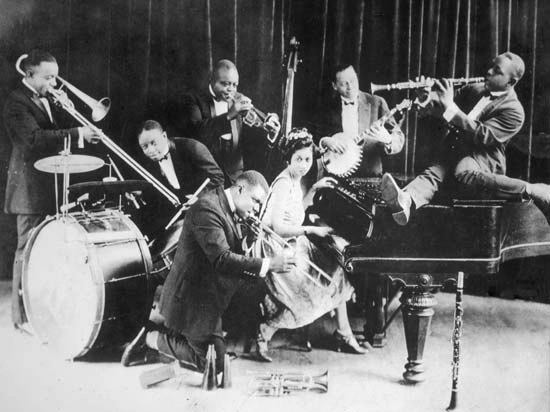
When Oliver took Armstrong under his wing, it became clear that he favored the young and budding musician. Armstrong considered Oliver a father figure and role model, something that had been lacking in Armstrong's life up to that point. As a musician, Armstrong emulated his mentor's performance, and as pupils often do, soon grew to surpass the model that he was following.
Armstrong gained a reputation for his intensity and endurance of play. There was an element of sheer physical ability Armstrong possessed that was essentially unmatched as he entered adulthood. This alone would not have threatened Oliver, who called Armstrong to play for him in Chicago after leaving New Orleans in 1918.
Taking Liberties
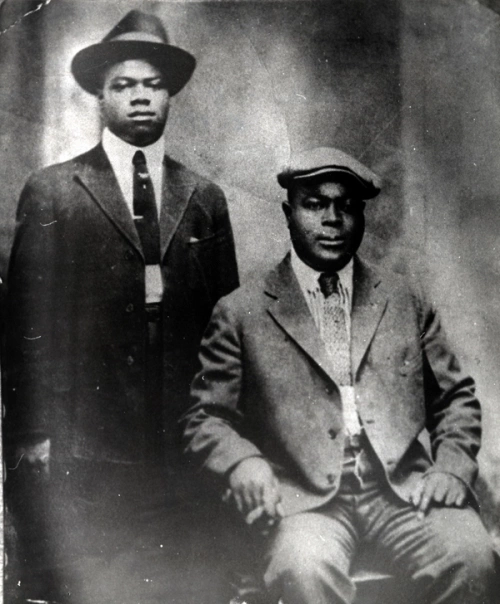
As a composer, Oliver's fixation was upon creating the sound and style of music that the American public were only just beginning to understand as jazz music. This is why at first, most likely, Oliver did not think too fondly of Armstrong's proclivity towards improvisation and creative liberties.
Yet it is precisely this creative liberty that struck a chord with the American public. While the sound and style of Oliver's compositions reigned primarily as the fixed structure of jazz, it was the improvisational, rhythm-bent element of performance that Armstrong brought to the table that ushered jazz into homes and dance halls across the nation.
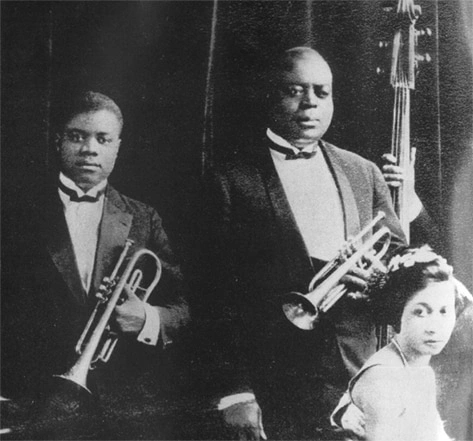
It is for this reason that Armstrong outlived the King of New Orleans, the man who would fade from both memory and record players while he struggled to make ends meet late in life. It is true that jazz would not be what it is today without the composer, without the structure that plays out in the background of every piece. But it is the art of the solo, the act of the individual, and the spirit of the moment that makes Louis Armstrong the enduring King of Jazz.
Conclusion about King Oliver and Louis Armstrong
The music of King Oliver and Louis Armstrong is some of the most influential in jazz history. Though they were contemporaries, their sounds were quite different. Armstrong's virtuosity on the trumpet was unmatched, while Oliver's Creole style provided the foundation for New Orleans jazz. Their music has been sampled by hip-hop artists and covered by rock bands, proving that their influence is still felt today. What do you think makes their music so timeless?
 |
 |
 |
 |

About Jay Sandwich
Jay is an ex-shred guitar player and current modular synth noodler from a small town somewhere. Quote: “I’m a salty old sandwich with a perspective as fresh as bread.” No bull.
Leave a Reply
Musical Inspiration
Check for FREE Gifts. Or latest free acoustic guitars from our shop.
Remove Ad block to reveal all the rewards. Once done, hit a button below
 |
 |
 |
 |